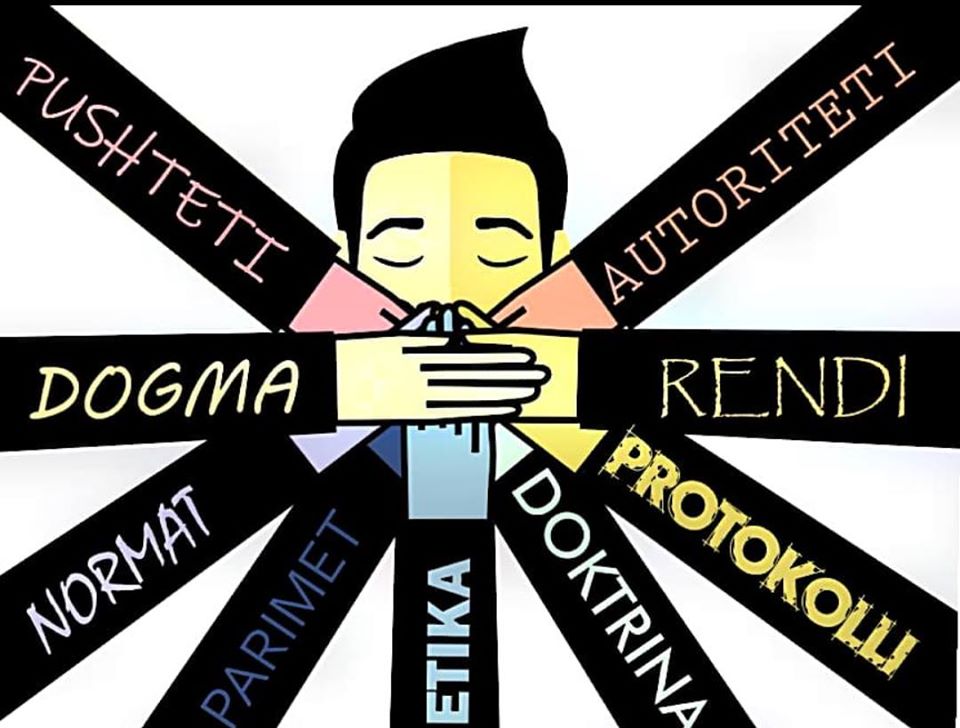The power of digital technologies must be harnessed to counter hatred based on religion or belief, ODIHR says

WARSAW, 21 August 2020 – On the eve of the International Day Commemorating the Victims of Acts of Violence Based on Religion or Belief, the OSCE Office for Democratic Institutions and Human Rights (ODIHR) calls for better use to be made of the advantages that digital technologies can offer, as well as a greater emphasis on countering hatred online.
Digital technologies can play an integral role in celebrating and upholding freedom of religion or belief when harnessed for outreach and dialogue. At the same time, the rise in intolerant discourse and hate speech directed at religious or belief communities during the Covid-19 pandemic demonstrates the risk of the digital space becoming a forum for incitement to discrimination, hostility or violence on grounds of religion or belief.
Governments, civil society and religious or belief communities can engage in the digital sphere to foster mutual respect, understanding and inclusion. Increased digitalization can go a long way towards addressing systemic inequalities and barriers, while digital tools can also help those who have been fearful in the past of participating publicly in religious activities or admitting their membership of a particular community. At the same time, civil society can tap into the potential of the digital space to streamline and synergize its efforts, which increasingly depend on new technologies when faced with limited resources, increased workload and decreased capacity, especially during the pandemic.
Freedom of religion or belief is a fundamental human right that stipulates every human being has the right to have or to adopt a religion or belief, manifest it, convert to another religion or belief, or not believe at all. Cultural, religious and belief diversity are therefore at the heart of this universal human right. The primary responsibility for safeguarding human rights and combating intolerance and discrimination – both offline and online – rests with governments. However, religious or belief communities, as well as civil society organizations and indeed the social media companies themselves, have an important role to play in supporting the promotion and protection of human rights. Intolerance and hatred do not only undermine human rights, but generate mistrust and can eventually endanger social cohesion and security.
ODIHR integrates digital technologies into its work to assist countries across the OSCE to uphold their commitments on freedom of religion or belief as well as tolerance and non-discrimination. ODIHR’s work in this area centres on the needs of victims to ensure that all religious or belief communities receive targeted assistance, support and protection that helps them when and where it is required.